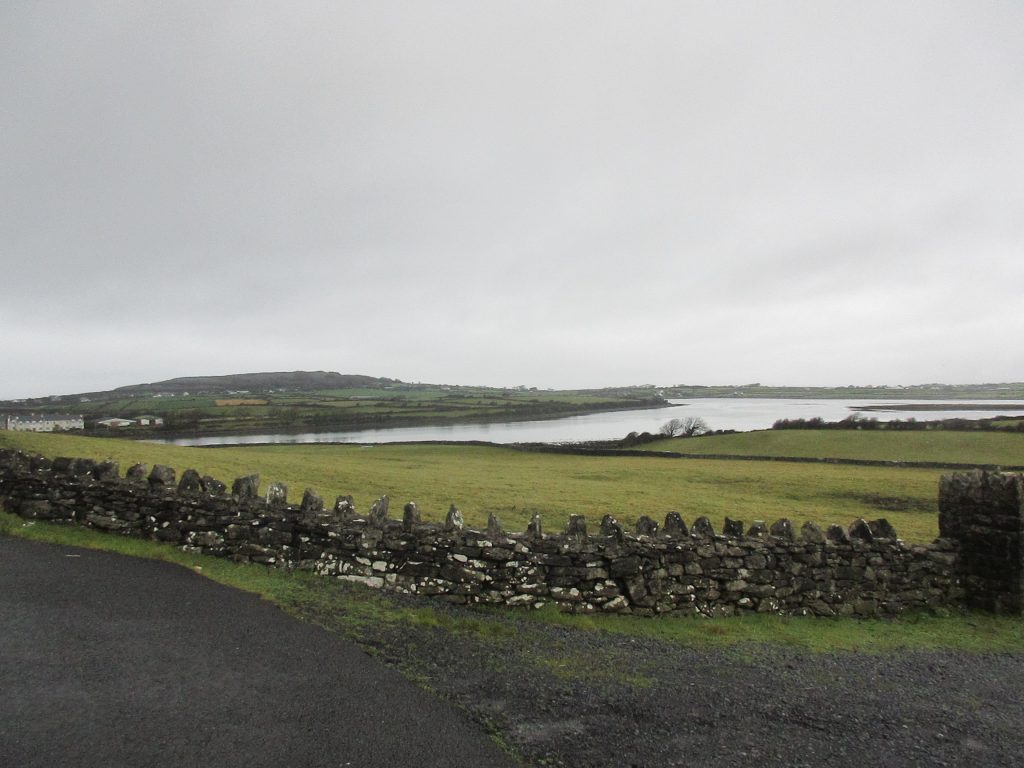Sherwin Law Firm Succeeds in Case of Easement by Prescription

I’m pleased to announce that I prevailed in a case last week involving an easement by prescription for residential property. This case involved many interesting areas of Massachusetts property law.
Overview of the Case
For the past thirty years, my clients were homeowners who had used a nearby paved lot by their home to park their cars. Along with parking their cars, they regularly maintained the lot and performed improvements on the walls that surrounded the property.
Several years ago, someone else purchased this parking lot and demanded that my clients pay rent to use it. My clients, who spent years using the lot as their own, were understandably upset about this turn of events and sought my legal advice on what could be done about this problem.
My Approach
I filed a lawsuit against the new owner of the property seeking a declaratory judgment that my clients were entitled to the parking lot’s permanent use. A declaratory judgment is a court order to determine one’s rights under the law. A court order like this is needed when the lawsuit’s goal is not money but rather a legal declaration from a court.
In this lawsuit, I asked for an easement by prescription for my clients. An easement by prescription is a permanent right to use someone else’s land. An easement by prescription requires the following:
- The use of the property must be adverse for at least twenty years. This means that the person seeking an easement by prescription must show that the subject property owner never permitted them to use the property.
- The use of the property must constitute actual use. This means that the person using the property used it so that property of that type is commonly used.
- The use of the property must be open and notorious. Simply put, the property’s use must put the actual owner on fair notice that someone else is using his or her property.
An easement by prescription is similar to adverse possession, which is a legal claim for permanent ownership of property that is used for twenty years. The critical difference is that a claim of adverse possession requires a party to prove that their use of the property was exclusive, and that the record owner of the property was “cut off” from the property.
An easement by prescription does not require proof of exclusive use. Easements by prescription are commonly used for cases involving the right to use a road for access to land and for beach and waterfront rights (common in Cape Cod and other coastal areas of Massachusetts).
Outcome
As with all claims of adverse possession and easements by prescription, the “devil is in the details.” Proving one of these claims requires understanding how the subject property was used for the past twenty years, which often requires going through extensive land records, photographs, and other evidence related to the property’s use. A trial for one of these cases requires that this evidence be presented to the Court in a way that coherently explains the required elements above.
In the end, the work on this case was worth it: following a trial, the Court agreed with our claim, and granted my clients a permanent easement for parking.
Lessons for Property Owners In Similar Cases
Claims for adverse possession and easement by prescription may, at first blush, appear to be trivial, with neighbors fighting over small parcels of property. In actuality, these disputes concern critical matters. Here, parking access was essential to my clients, who lived in a city with limited off-street parking, making this easement by prescription a huge benefit to my client’s home.
If you find yourself in a dispute involving the use of property, contact me for a consultation. A lesson of this case is that long-standing property use, under the right conditions, can allow for a permanent right to access or ownership. An experienced real estate attorney can help you decide if one of these claims is worth pursuing.
